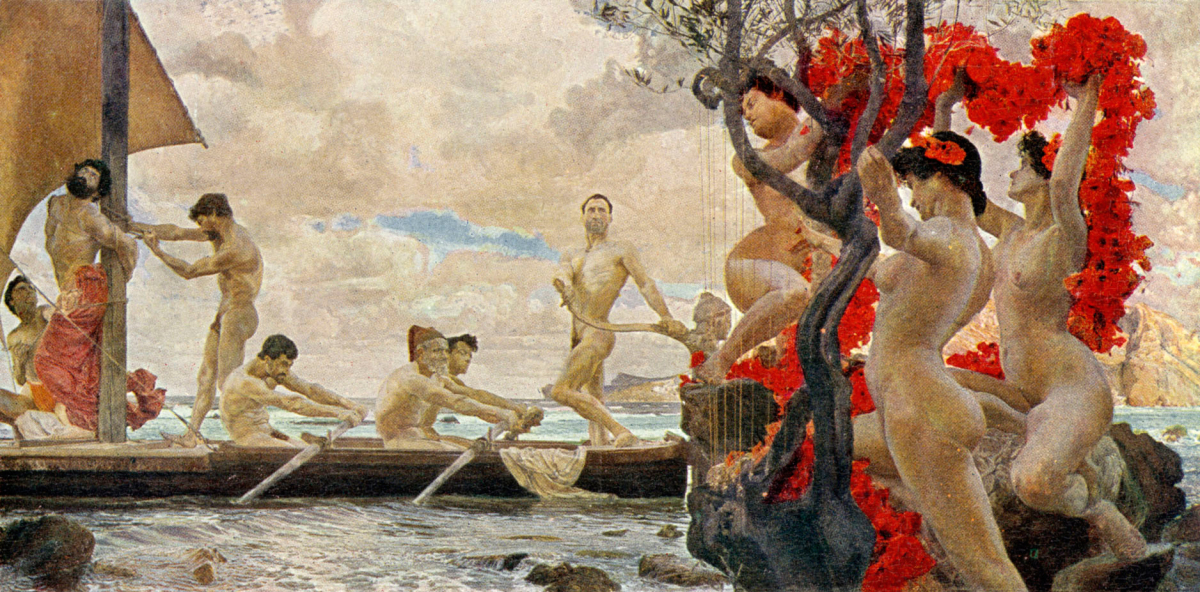 As the University of Chicago economist Richard Thaler tells the story, a group of fellow-graduate students in economics were at his house one night in the late nineteen-seventies, socializing before the dinner hour. Thaler saw how much they were snacking, and decided to remove the nut bowls from the living room. His colleagues—almost all of whom were ardent proponents of the idea that humans are rational decision-makers, optimizing their best interests through freely made choices—thanked him for removing the tempting snacks. Thaler took mental note of the moment, one of many notes on human irrationality that he would gather in the ensuing years.
As the University of Chicago economist Richard Thaler tells the story, a group of fellow-graduate students in economics were at his house one night in the late nineteen-seventies, socializing before the dinner hour. Thaler saw how much they were snacking, and decided to remove the nut bowls from the living room. His colleagues—almost all of whom were ardent proponents of the idea that humans are rational decision-makers, optimizing their best interests through freely made choices—thanked him for removing the tempting snacks. Thaler took mental note of the moment, one of many notes on human irrationality that he would gather in the ensuing years.
That night at his house, Thaler’s colleagues were acknowledging a phenomenon long recognized by people not under the sway of rational-choice theory: that, will power being limited, it is sometimes good to have our freedoms restricted if we’re to act in our own best interests. Ulysses had his minions tie him to the mast as they sailed past the Sirens because he recognized that he would otherwise be powerless to resist their seductions. In recent years, behavioral scientists have expanded on the power of outside constraints, finding, for example, that students given free rein to hand in writing assignments anytime during the semester typically procrastinate and hand in worse essays than those forced by their professors to meet deadlines.
A study published earlier this year in Psychological Science highlights a modern twist on Ulysses’ approach to self-control, showing that people need not rely on their dinner hosts, their minions, or their professors to tie them to the proverbial mast. Instead, they can rely on a strategy of precommitment to potential self-punishment. (To read the rest of this article and leave comments, please visit The New Yorker.)
